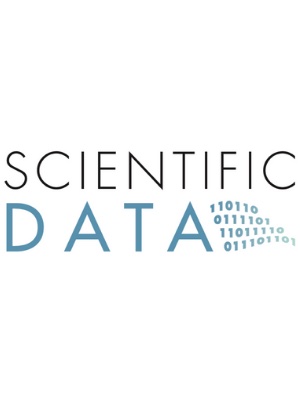The benefits and struggles of FAIR data: the case of reusing plant phenotyping data
Abstract
Plant phenotyping experiments are conducted under a variety of experimental parameters and settings for diverse purposes. The data they produce is heterogeneous, complicated, often poorly documented and, as a result, difficult to reuse. Meeting societal needs (nutrition, crop adaptation and stability) requires more efficient methods toward data integration and reuse. In this work, we examine what ``making data FAIR’’ entails, and investigate the benefits and the struggles not only of reusing FAIR data, but also making data FAIR using genotype by environment and QTL by environment interactions for developmental traits in potato as a case study. We assume the role of a scientist discovering a phenotypic dataset on a FAIR data point, verifying the existence of related datasets with environmental data, acquiring both and integrating them. We report and discuss the challenges and the potential for reusability and reproducibility of FAIRifying existing datasets, using metadata standards such as MIAPPE, that were encountered in this process.
Download full text in pdf format
 Published as:
Published as:
E.A. Papoutsoglou,
I. N. Athanasiadis,
R.G.F. Visser,
R. Finkers,
The benefits and struggles of FAIR data: the case of reusing plant phenotyping data,
Scientific data, 10:457,
2023, doi:10.1038/s41597-023-02364-z.
You might also enjoy (View all publications)
- Domain adaptation with transfer learning for pasture digital twins
- Causality and Explainability for Trustworthy Integrated Pest Management
- Breeding Programs Optimization with Reinforcement Learning
